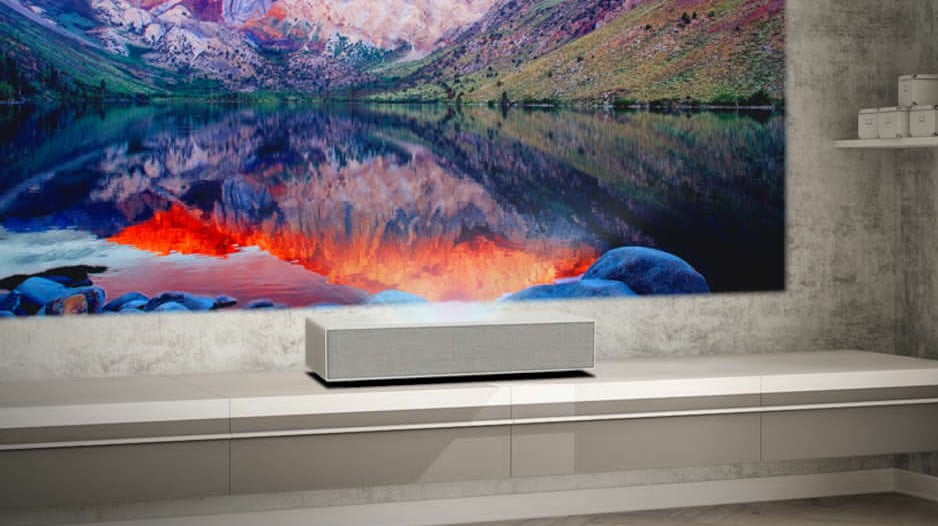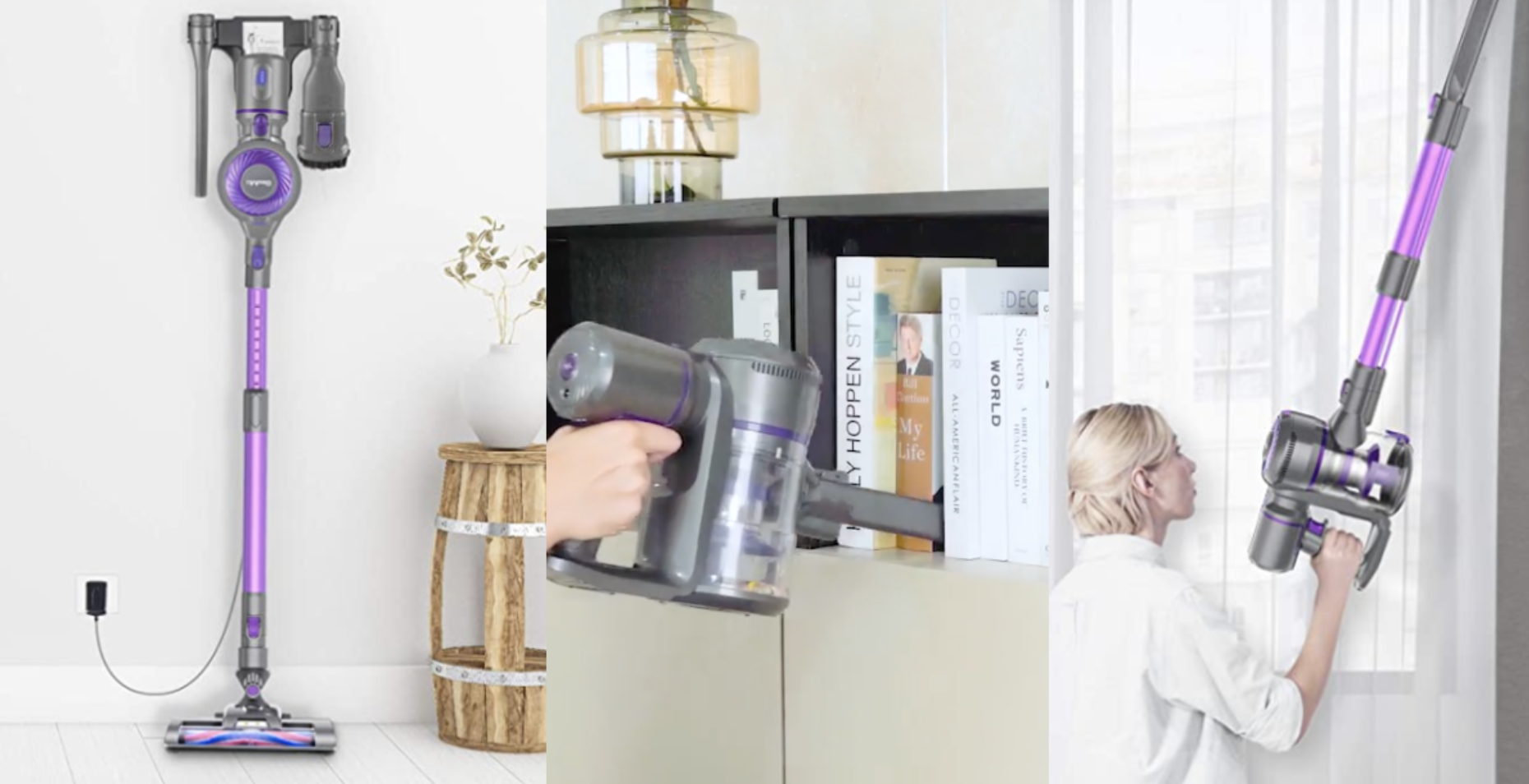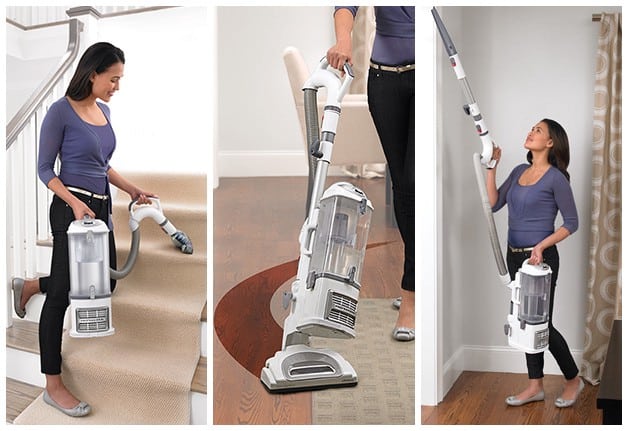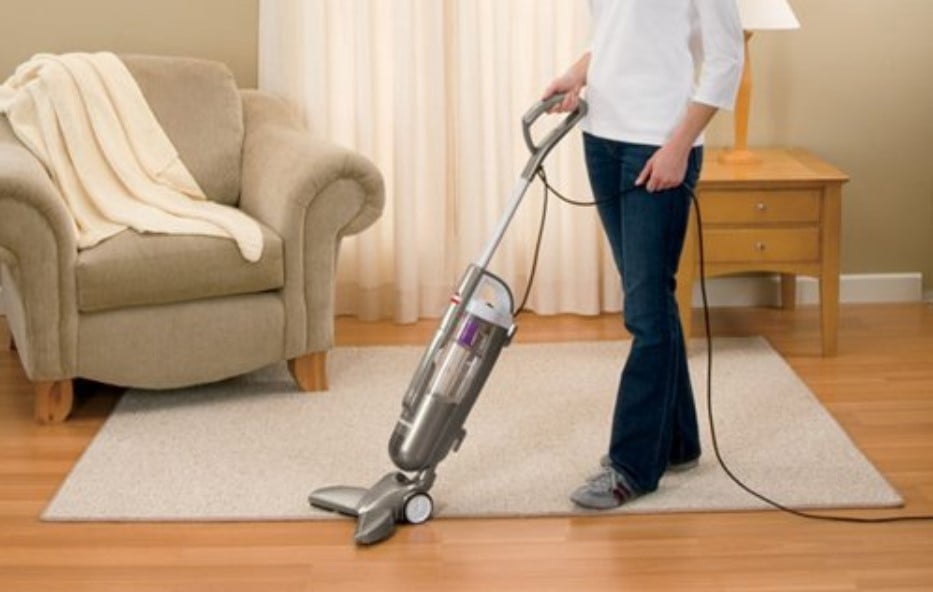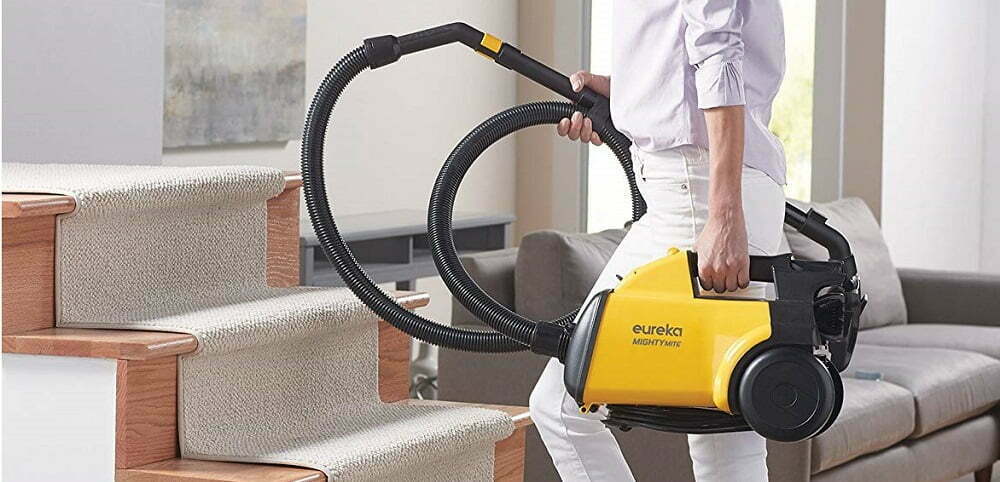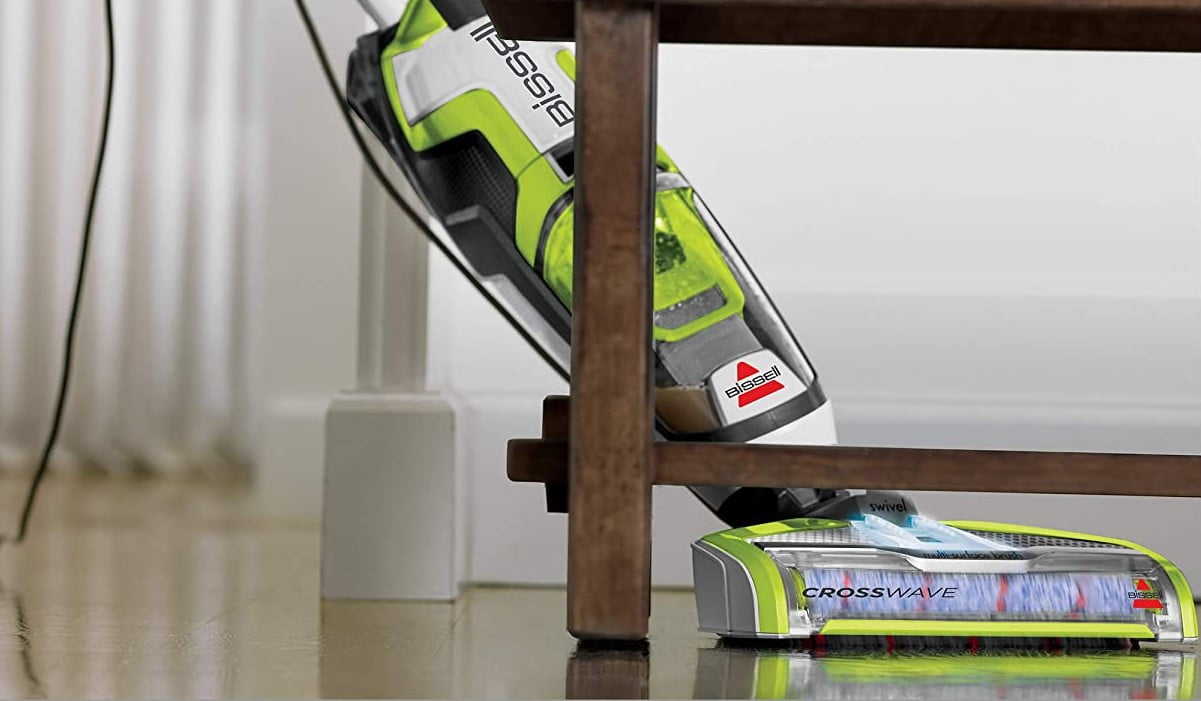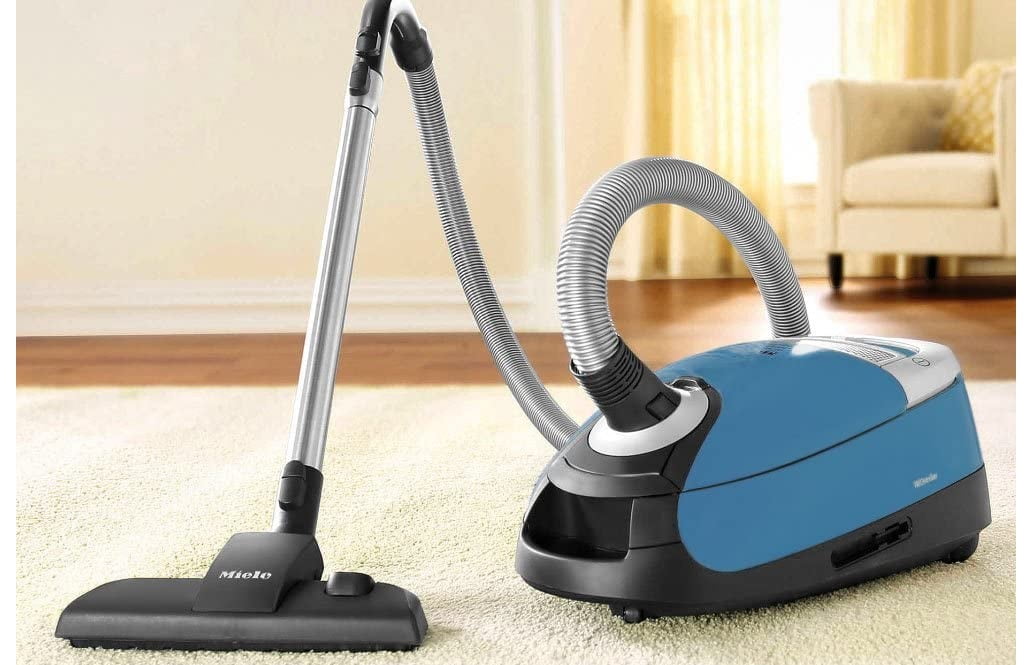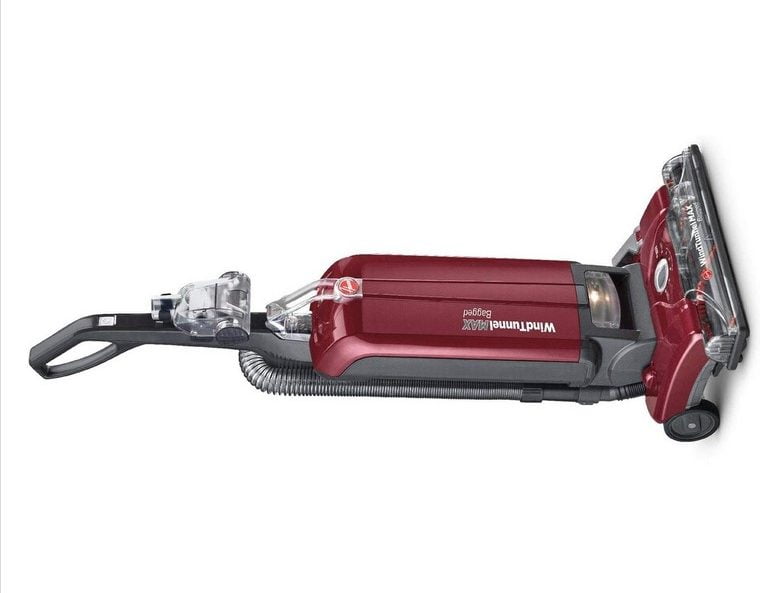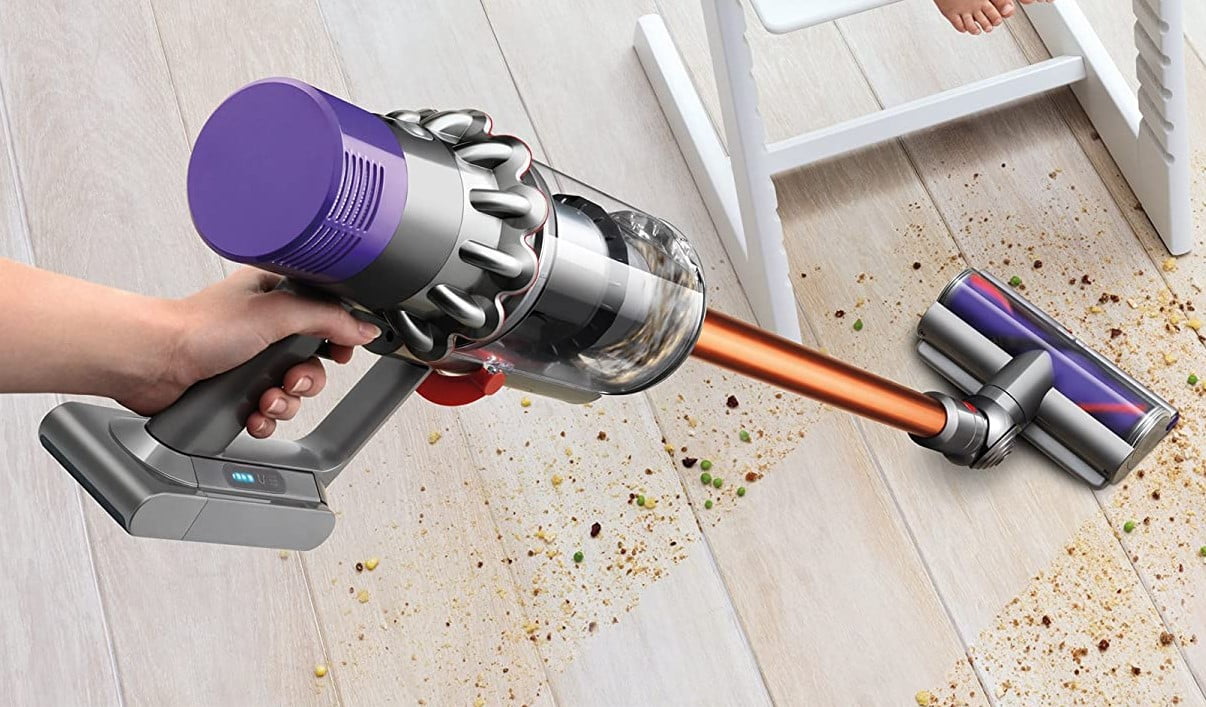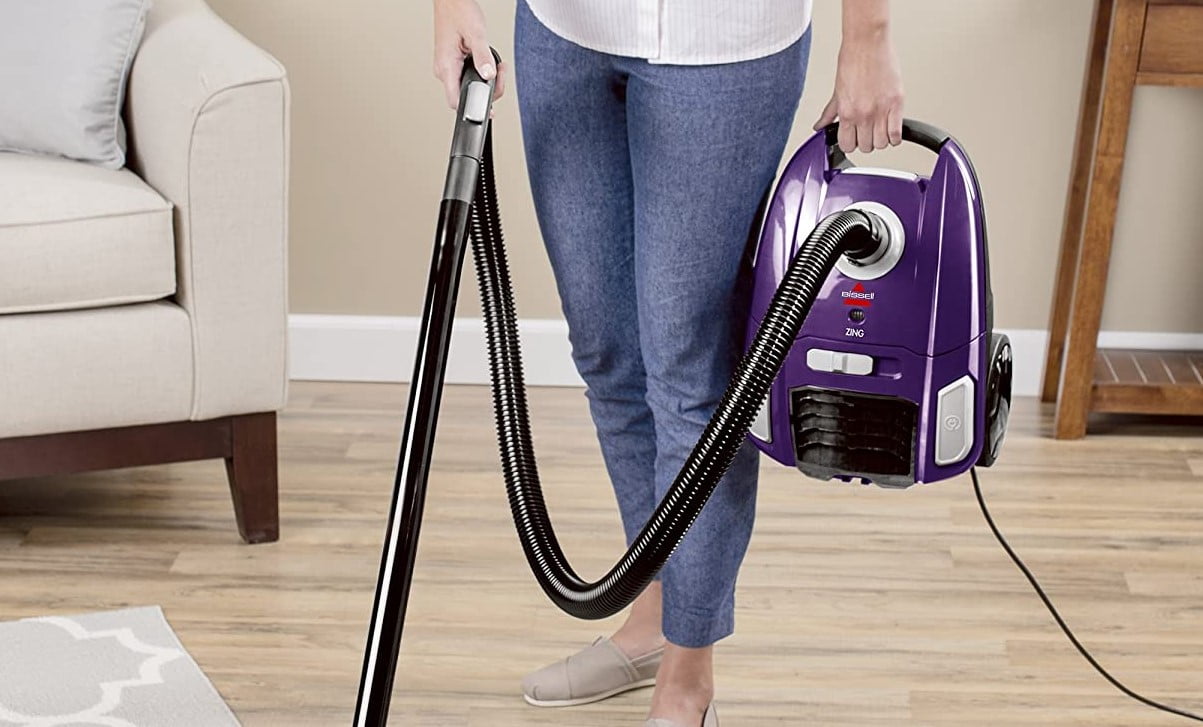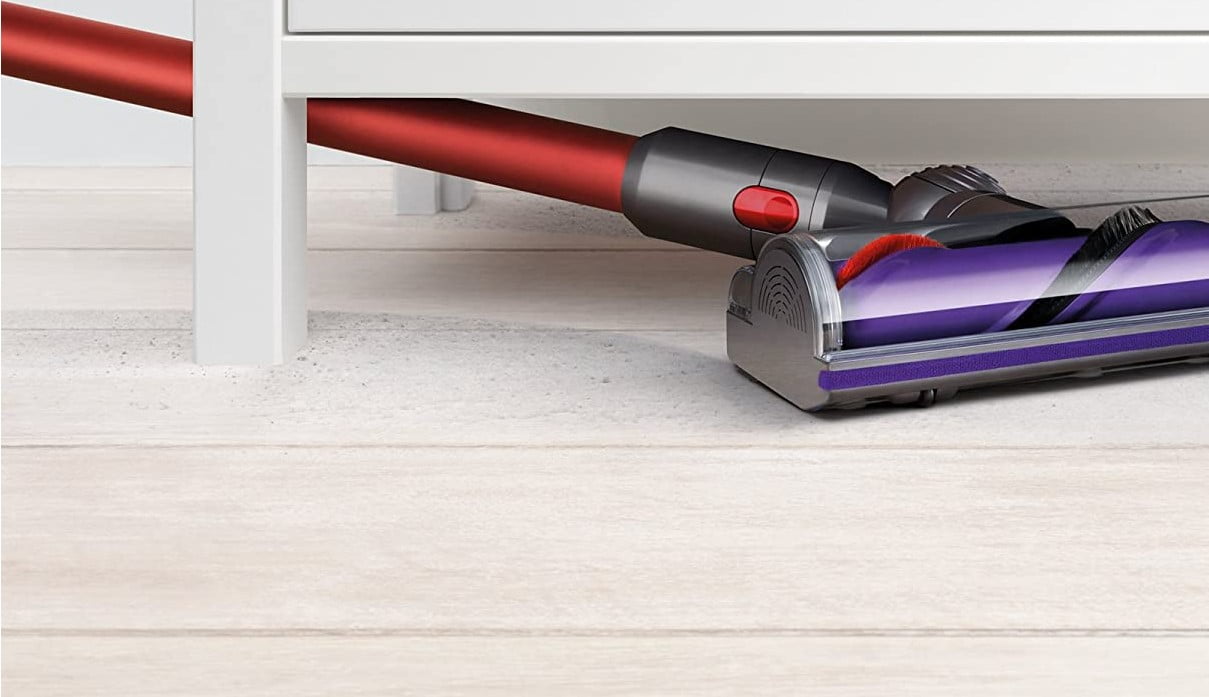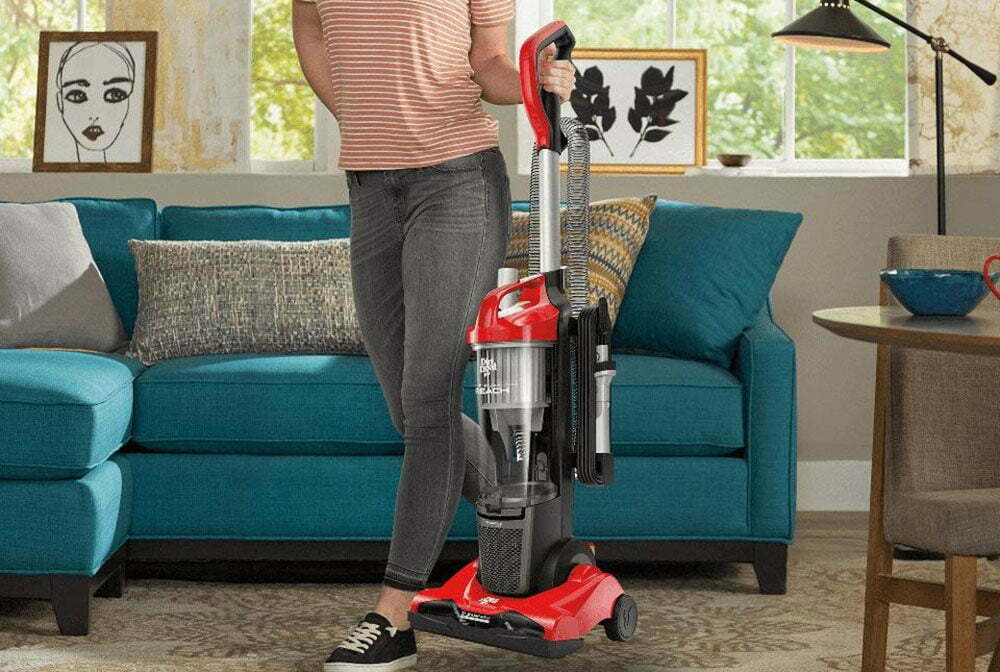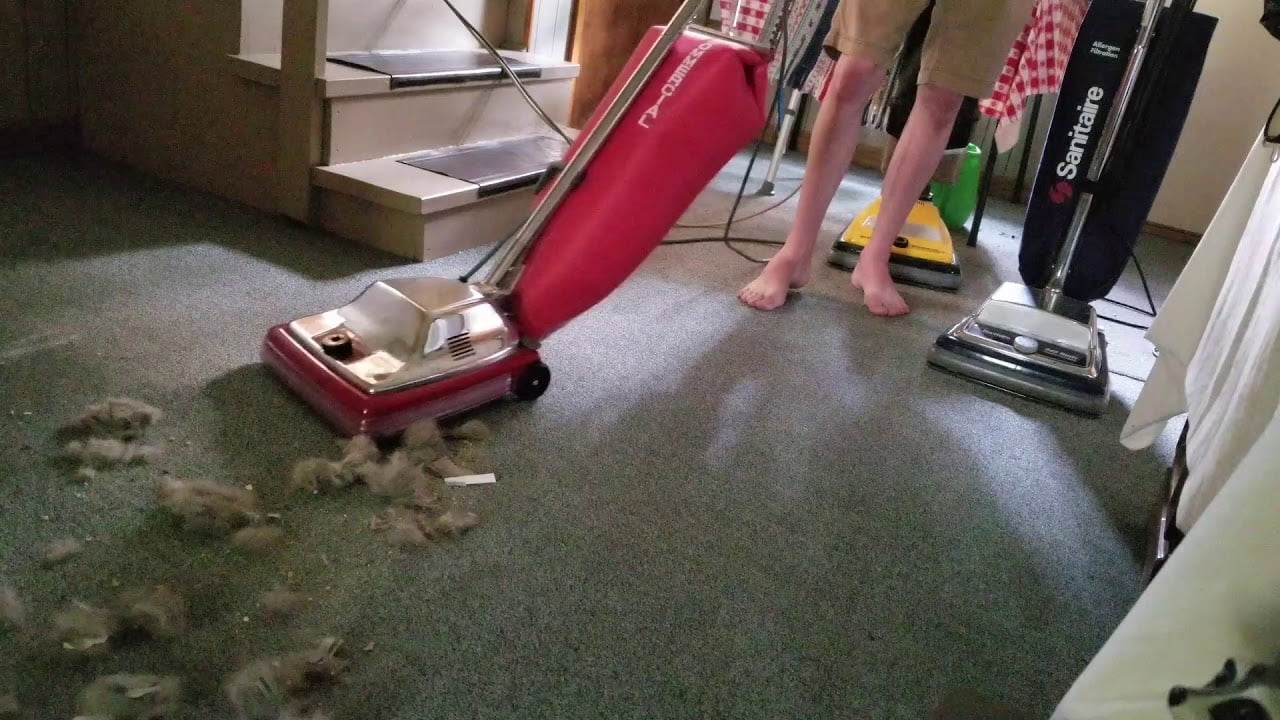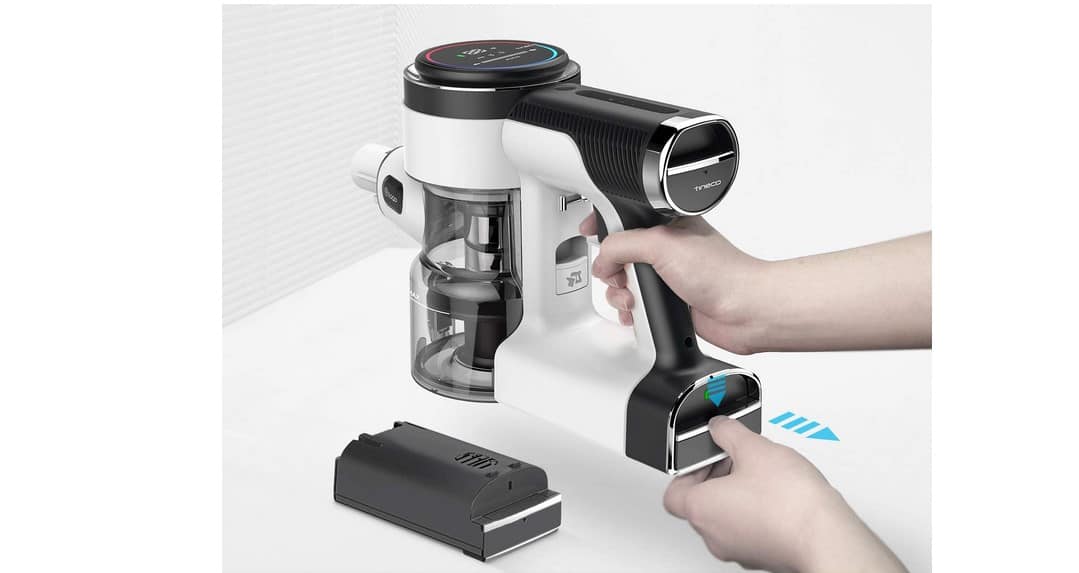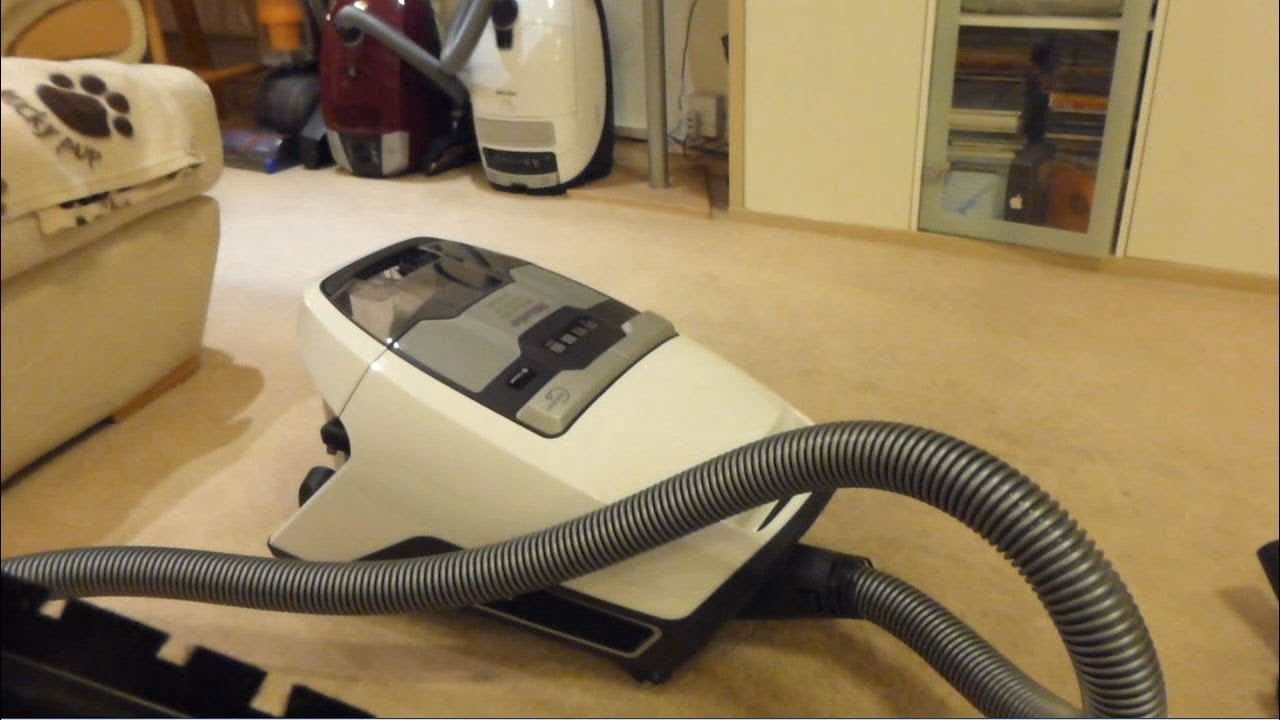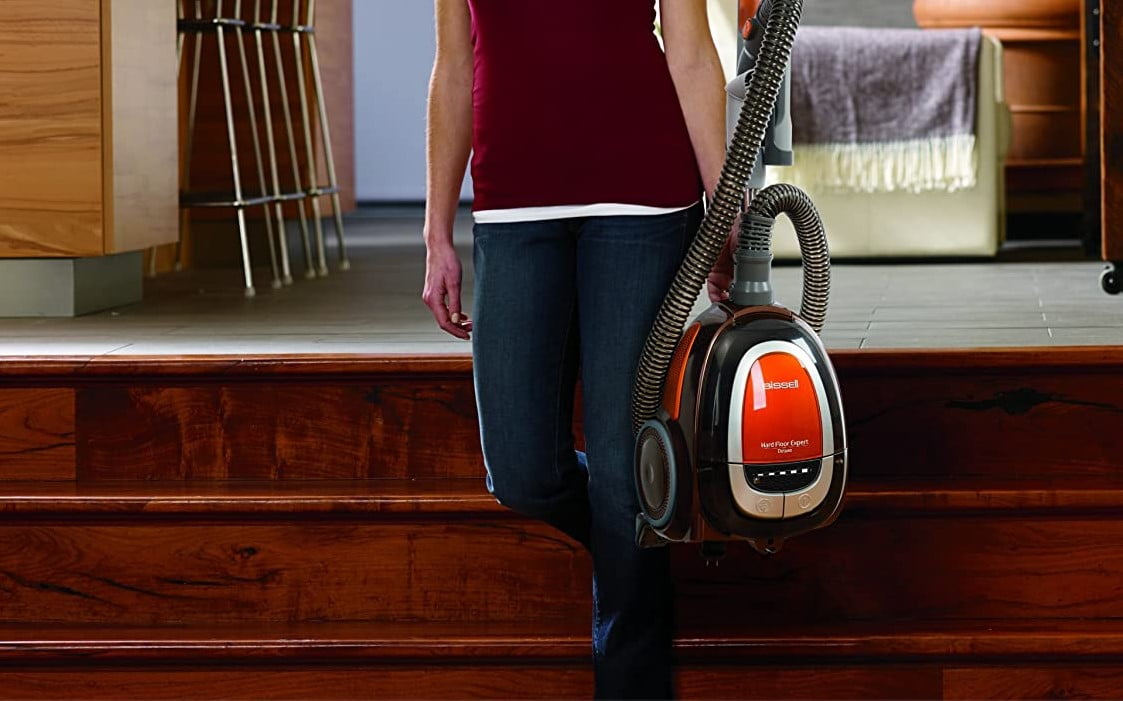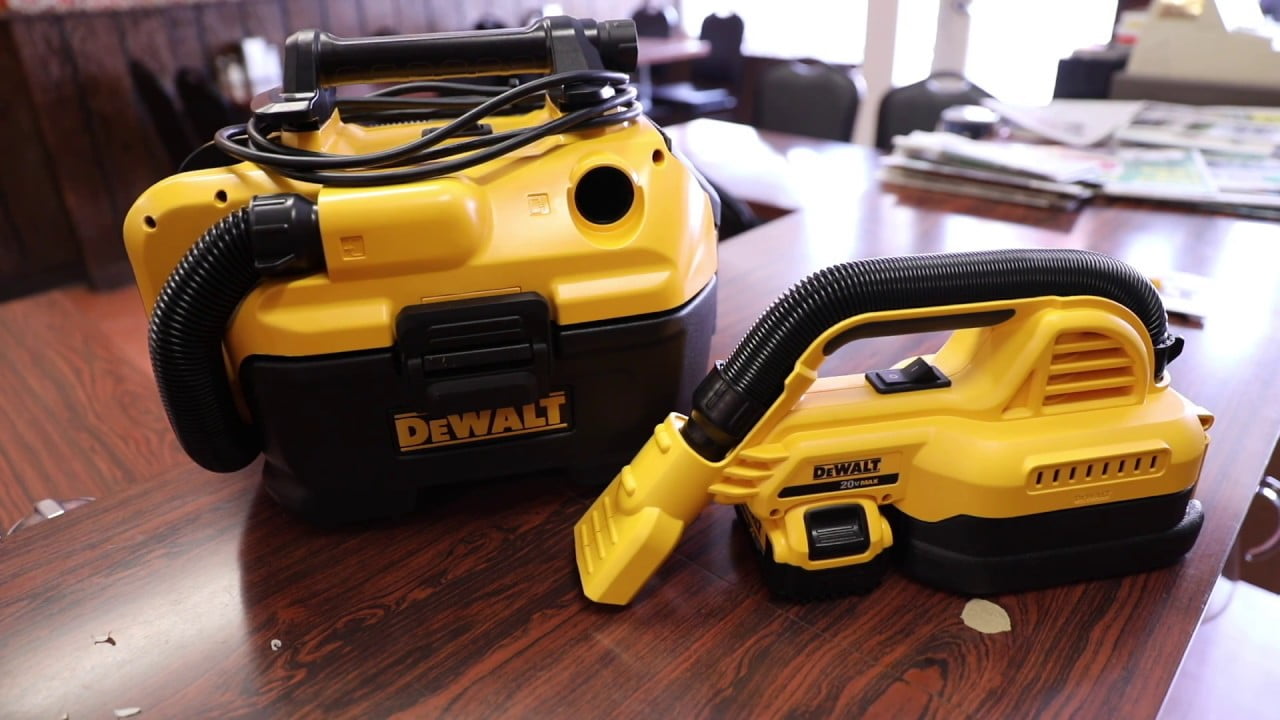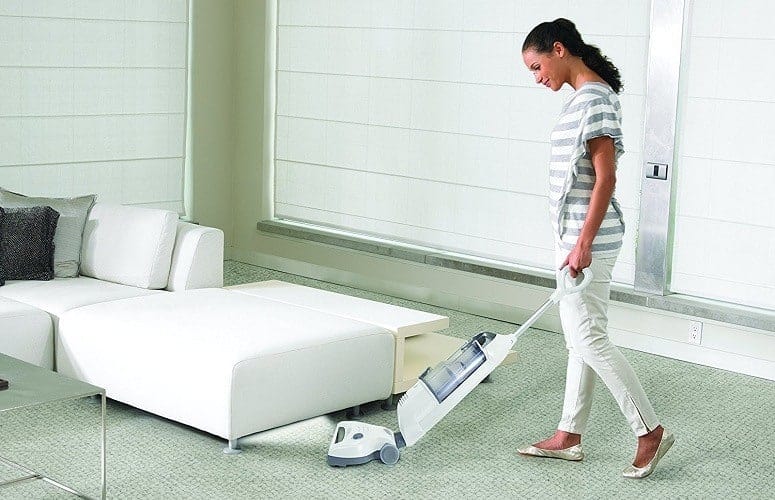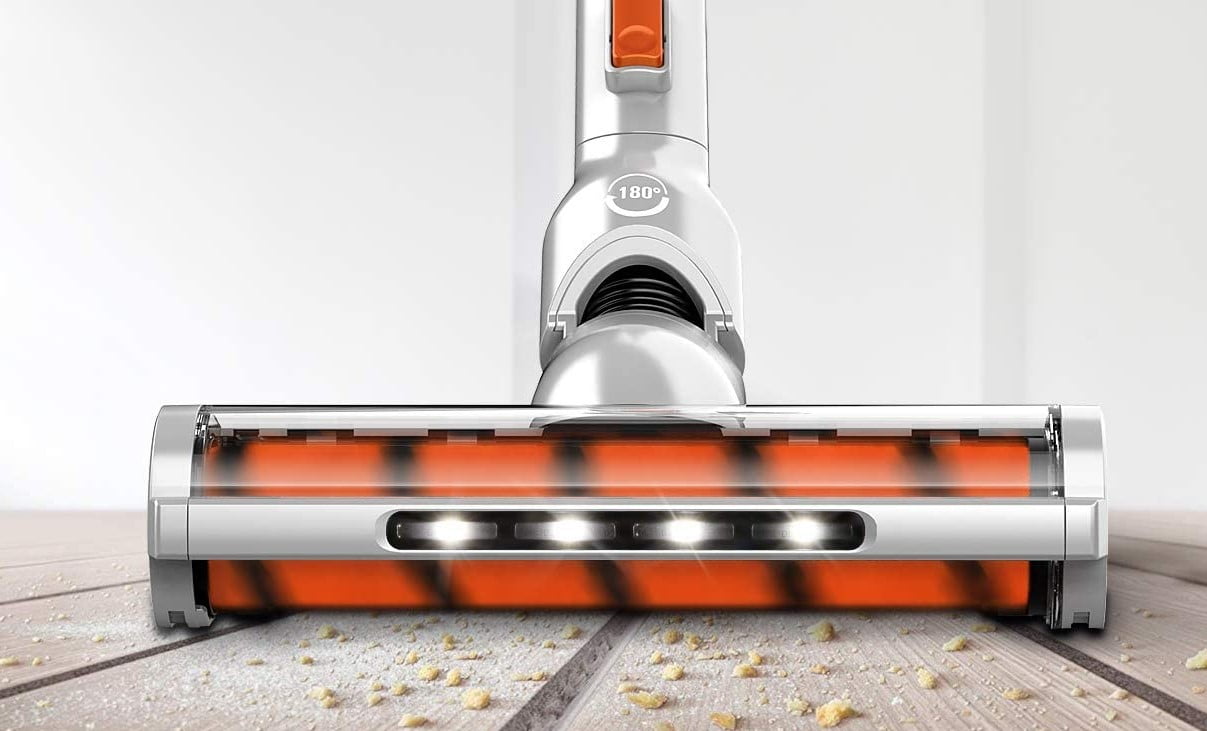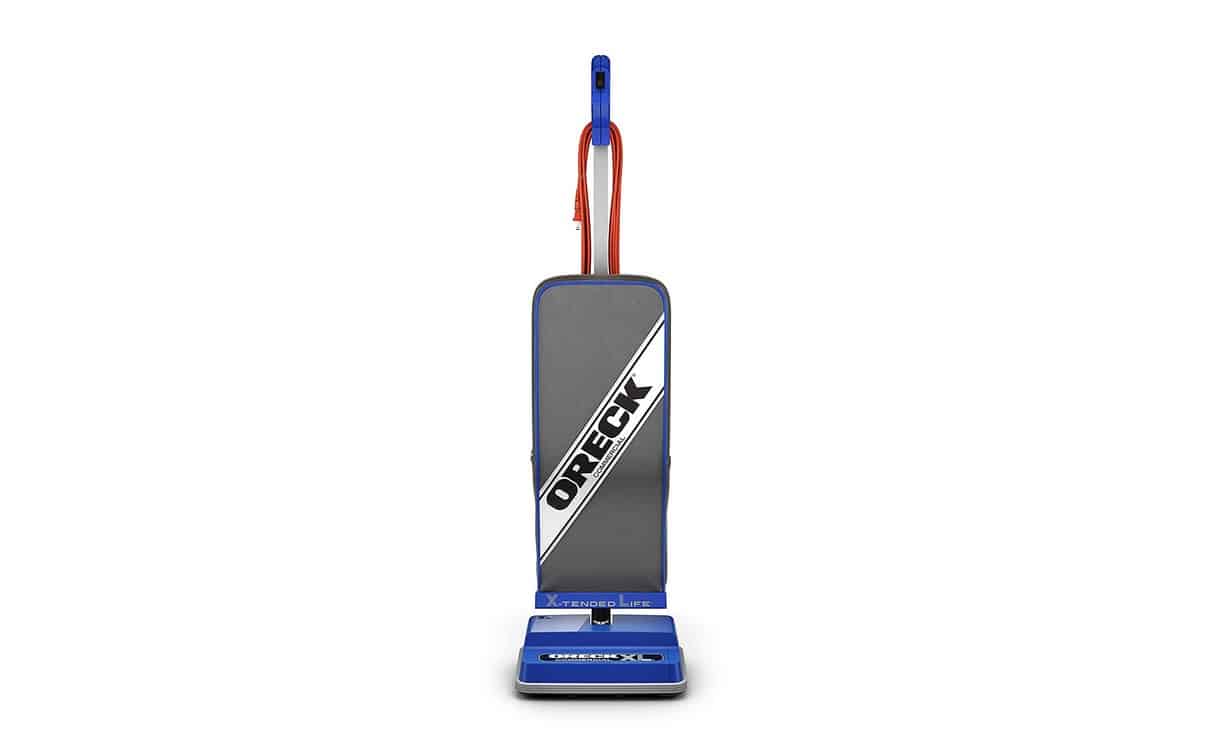If you regularly use a suction cleaner on your pool, you’ve probably wondered, “How does a pool vacuum work?” and whether it would be worth investing in one. Today we’ll answer that question and clear up the confusion of pool maintenance once and for all. And don’t forget, your pool is not the only thing that needs to look nice. The inside of your home needs to look clean too, that’s why investing in a top-performing vacuum cleaner is worth it.
KEY TAKEAWAYS:
- Robotic pool vacuums work by using an internal power supply to automatically filter pool water through dedicated suction, filtering pool water automatically.
- An internal filtration system is provided with robotic cleaners that take a ton of strain off of your pool’s filter pump.
- You can count on them to make the cleaning process more energy-efficient, as well as saving you both time and money on pool maintenance.
How Does a Pool Vacuum Work?
Answering the question “How does a pool vacuum work?” isn’t difficult. It’s similar to asking, ”How does the vacuum cleaner work?” They are based on a few fundamental principles that all automatic pool cleaners have. These energy-efficient options are great at getting your pool floor squeaky clean.
What are Robotic Pool Cleaners?
Before we get into answering “How does a pool vacuum work?” related to the robotic cleaners, we have first to understand what they even are. We’ll go over both the mechanics of robotic pool vacuums and the parts that come with them.
The Mechanics of Robotic Pool Vacuums
Robotic cleaners use a built-in power supply to filter water through suction automatically.** Suction pool cleaners are named because they use negative pressure to suck in the water around them**. This also causes debris and other unwanted particles to flow inward.
The Inner Parts of Robotic Pool Vacuums
Robotic pool vacuums have a few different parts that help you achieve a clean pool. You can find these below:
- Electrical Power Supply: Generally coming in at about 110 volts, the electrical supply creates the power for your robotic pool vacuum to work.
- Transformer: The transformer is responsible for telling the vacuum to take in more or less power for more or less dedicated suction power.
- Internal Filtration System: The best part about robotic pool vacuums is how easily you can dispose of the unwanted material in your pool. They come equipped with a bag that automatically collects and stores debris. You just switch out the bag as necessary. This keeps extra strain from being applied to your pool filter.
- Remote Control: While technically not an “inner” part, the remote control is crucial because that’s what controls your vacuum. Depending on the model, they can come with a variety of different functions. They all turn the vacuum on or off, however, at the very least.
Insider Tip
Suction pool cleaners are named because they use negative pressure to suck in the water around them.
Is a Pool Vacuum for You?
Choosing how to keep your pool floor clean is no mystery when you look at how automatic pool vacuums compare to the advantages of manual vacuums. To get your entire pool clean, nothing compares to a robotic pool vacuum. Your pool pump will work half as hard, and you’ll spend half the time getting your backyard swimming pool area cleaned. Large debris may still need to be picked up with manual vacuums. In general, however, your robotic pool cleaner will keep things running smoothly. Additionally, have you considered if a lawn vacuum is for you? Our guide to how lawn vacuums work can help you determine if it is a good investment.
F.A.Q.
What are the benefits of robotic pool cleaners?
There are a ton of reasons why robotic pool cleaners are great:
- It saves time being an automatic cleaner
- Superior pool cleaning technology
- It offers a cost-effective solution
How long do robotic pool cleaners last?
You can be looking at a considerable range for lifespan. The longevity of your robot pool cleaner depends on how well you maintain your vacuum and how often you end up using it.
Are robotic pool cleaners worth it?
Absolutely. If they’re in your budget, they can be fantastic options for saving you time and keeping your pool fully functional. Different types of pool cleaners just can’t keep up.
How frequently should I run a robotic pool vacuum?
There should be instructions from the manufacturer to clarify since each model is different. However, a general rule of thumb is to do so once a day for clean water.
STAT: Robotic pool cleaners are energy-efficient, as they can save up to 94% of the energy consumed in most pressure cleaners. (source)
REFERENCES:
- https://www.mccallumspoolservice.com/how-automatic-pool-cleaners-work/
- https://en.wikipedia.org/wiki/Automated_pool_cleaner#:~:text=The%20pressure%2Dside%20cleaner%20was,surface%20for%20dislodging%20debris%20therefrom%22
- https://www.maytronics.com/about-us/maytronics-historyr
- https://poolresearch.com/pool-vacuums/
- https://www.kreepykrauly.com.au/poolprof/blog/

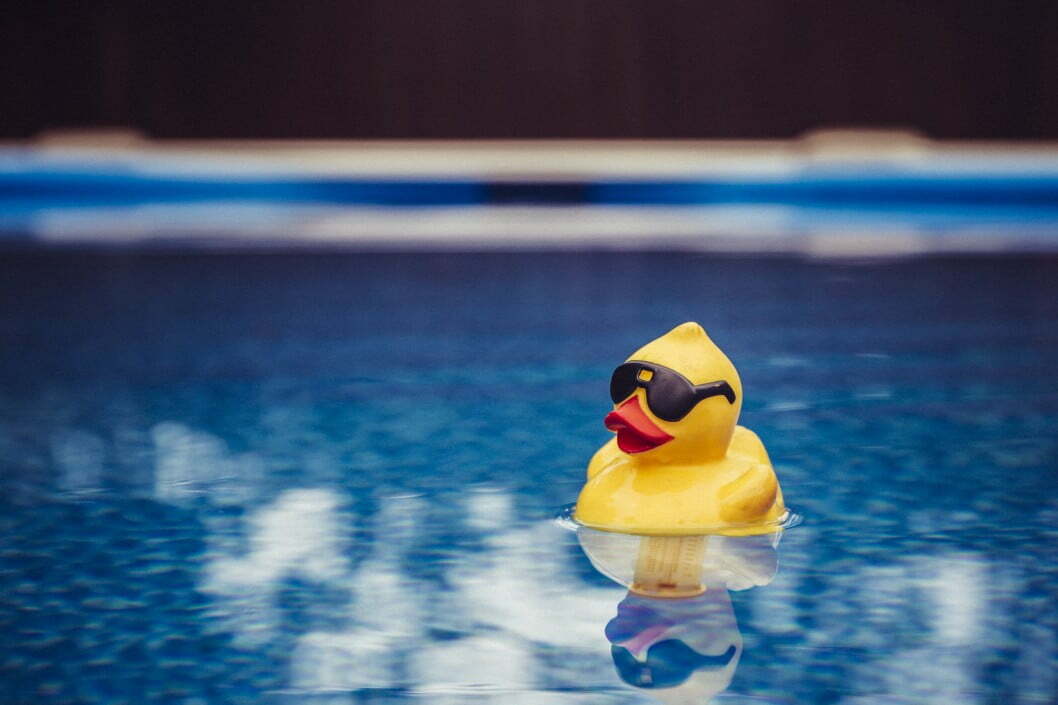













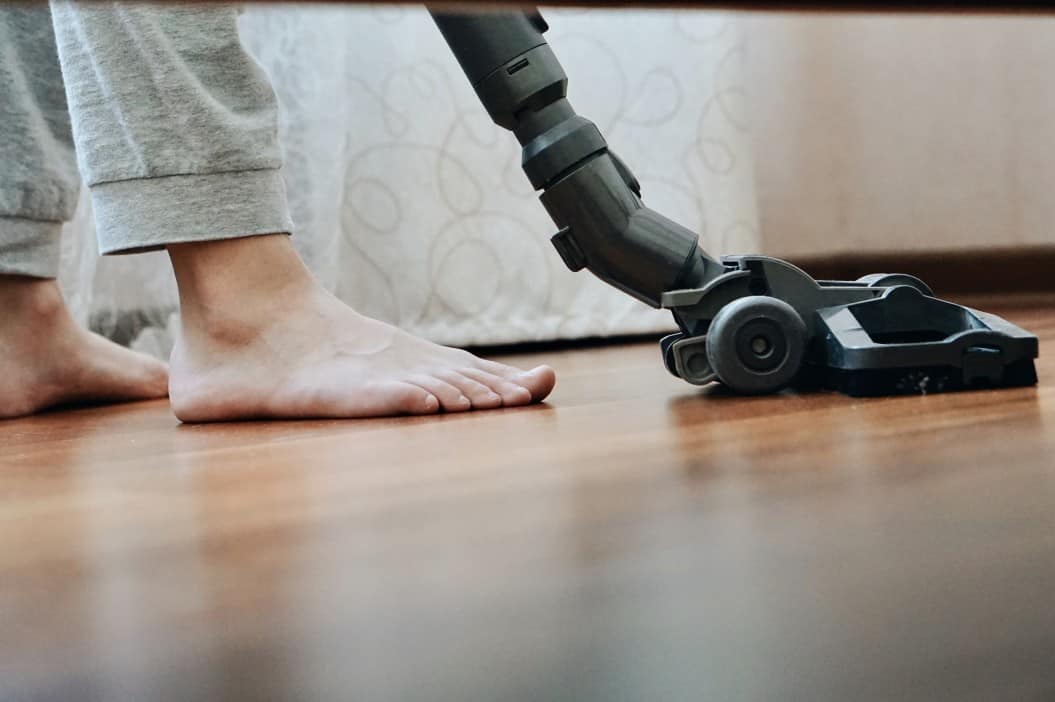
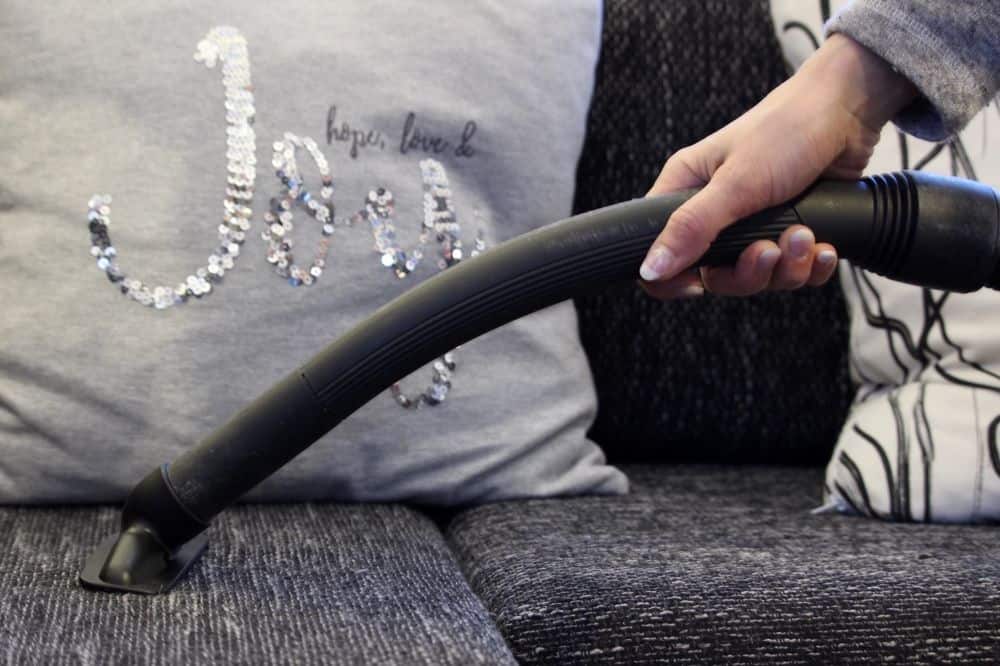
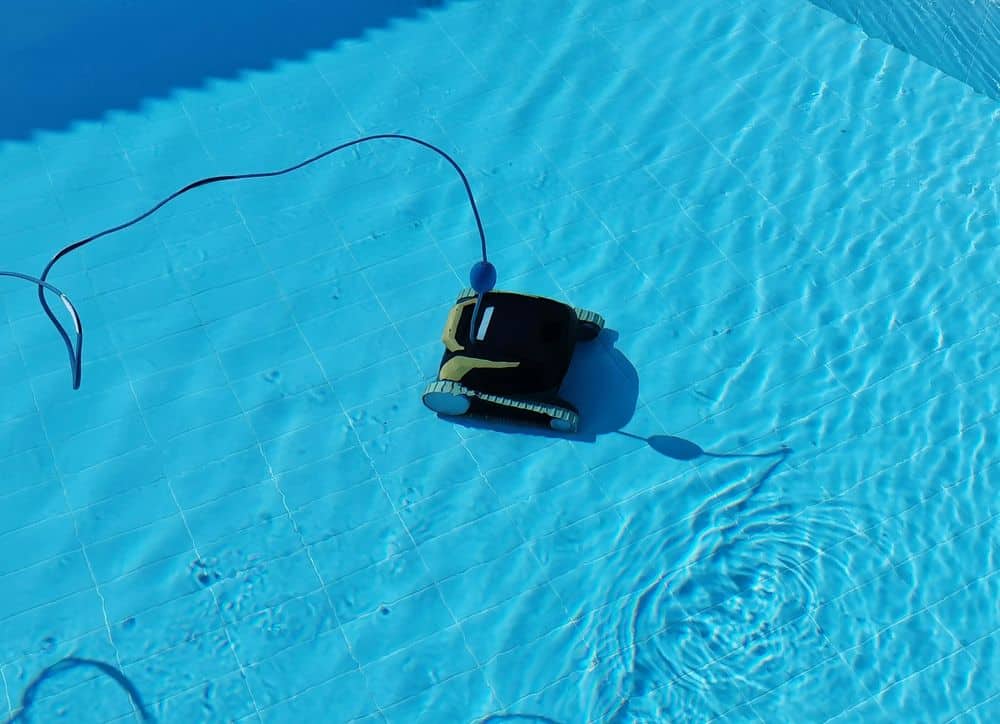
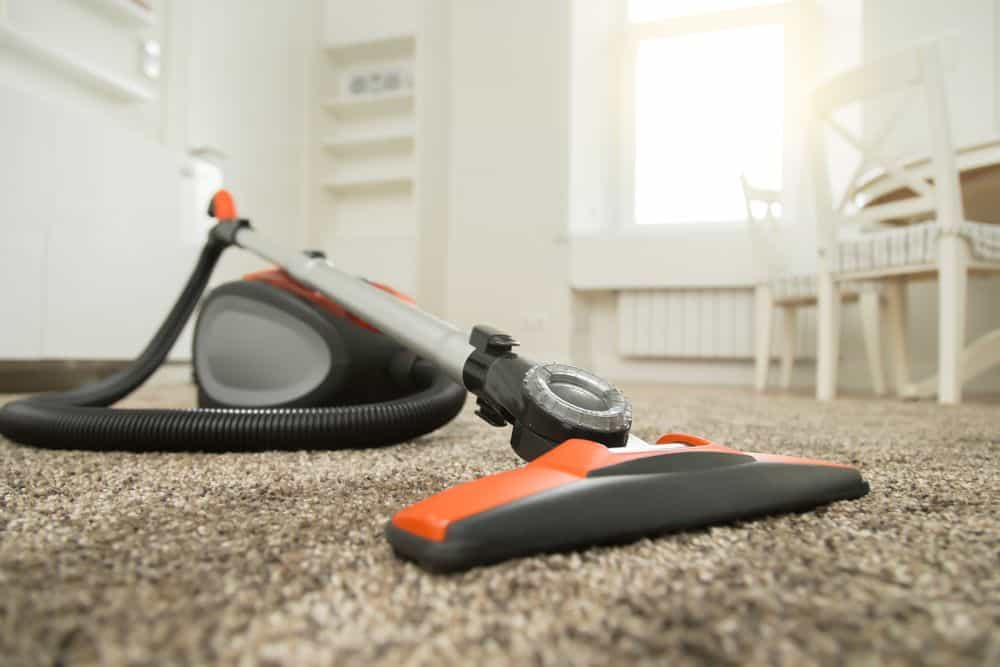
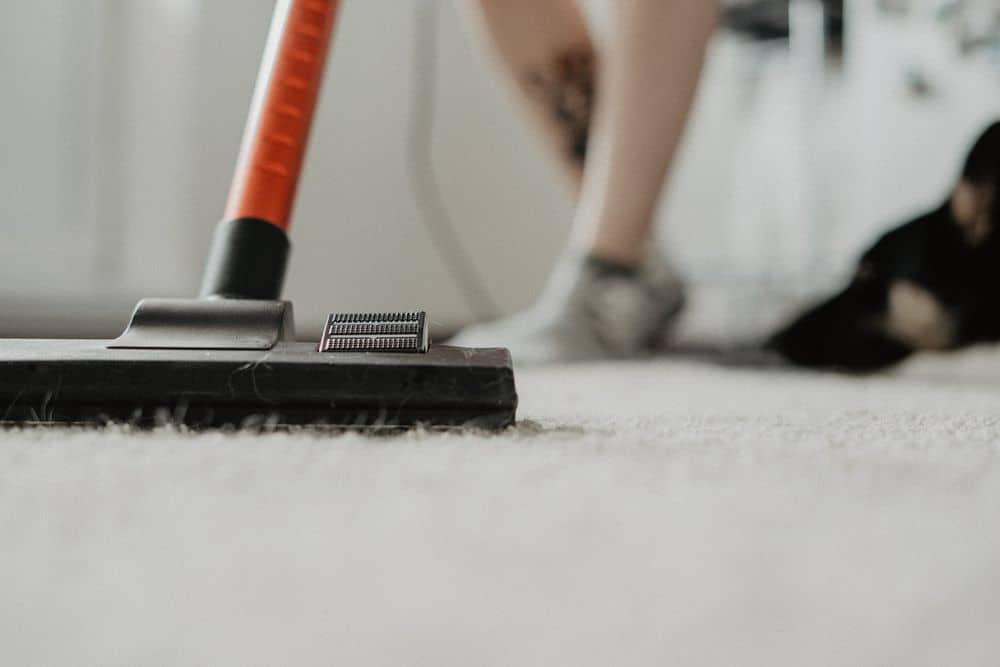
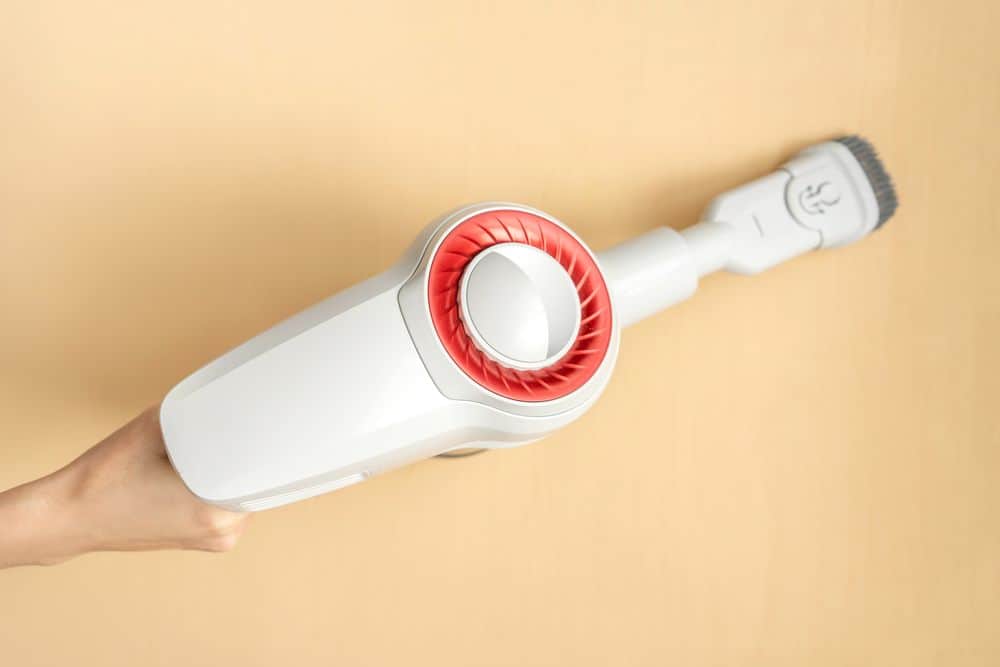
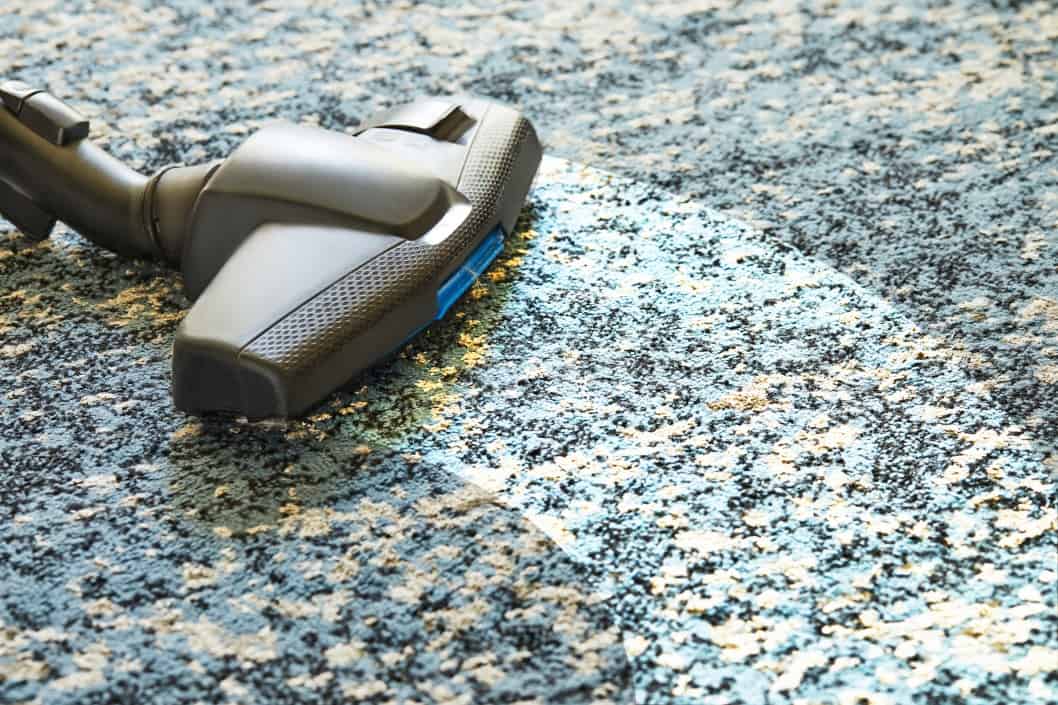
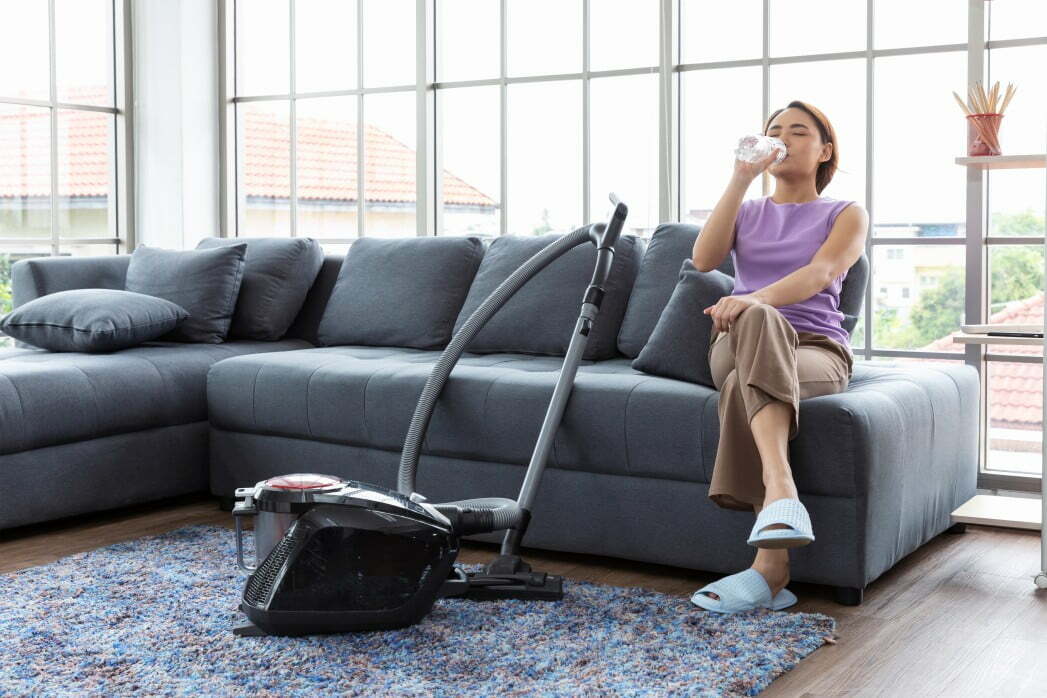
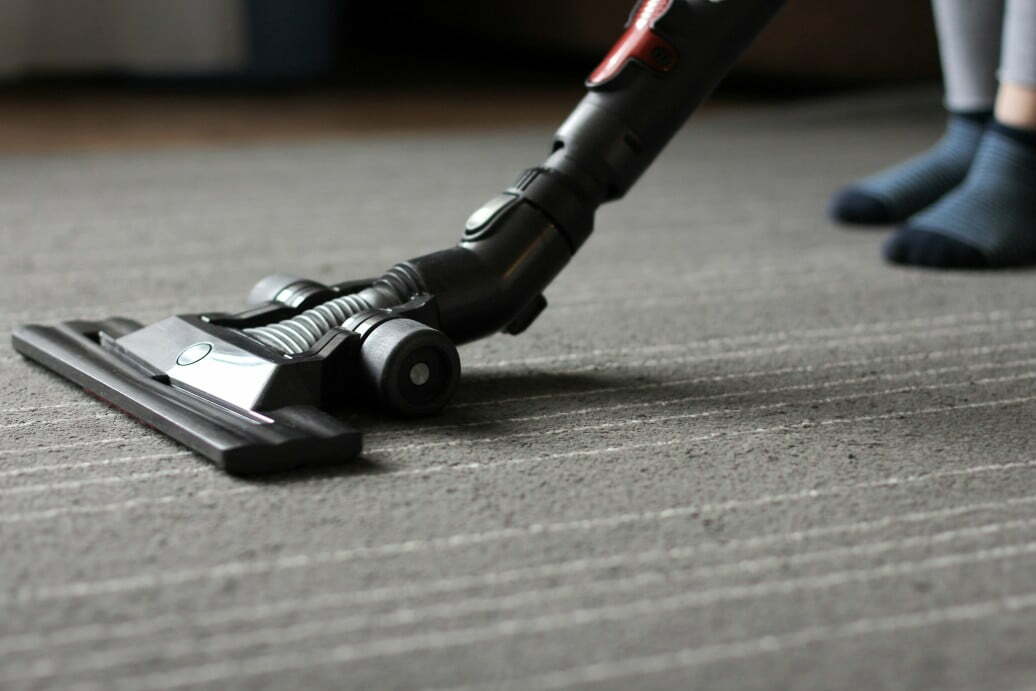
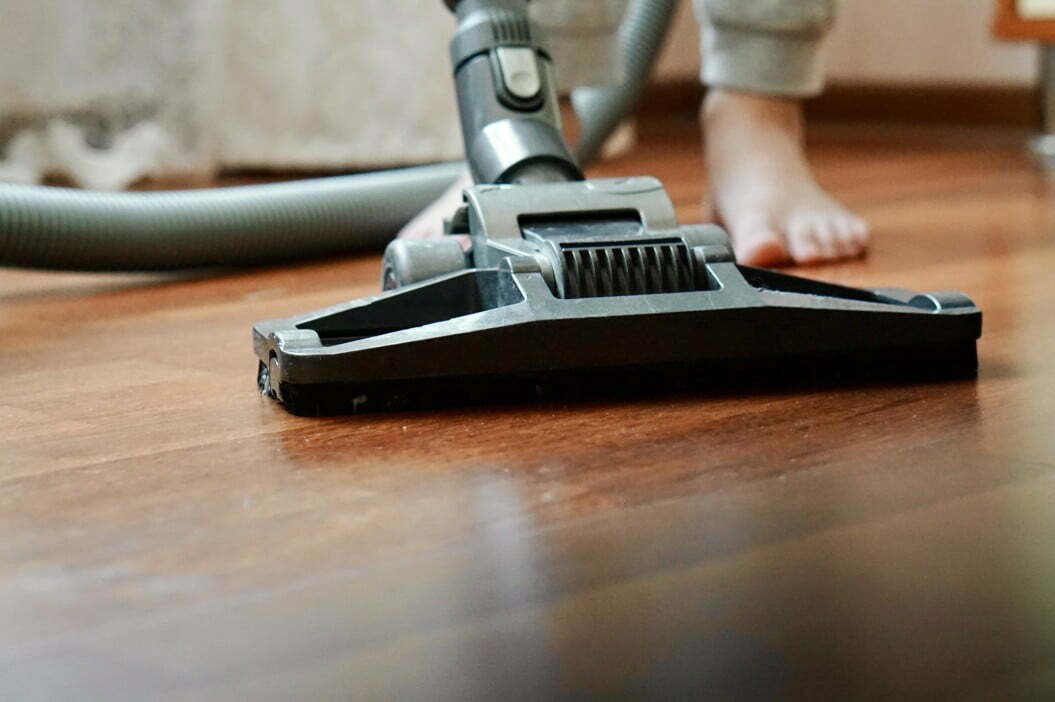
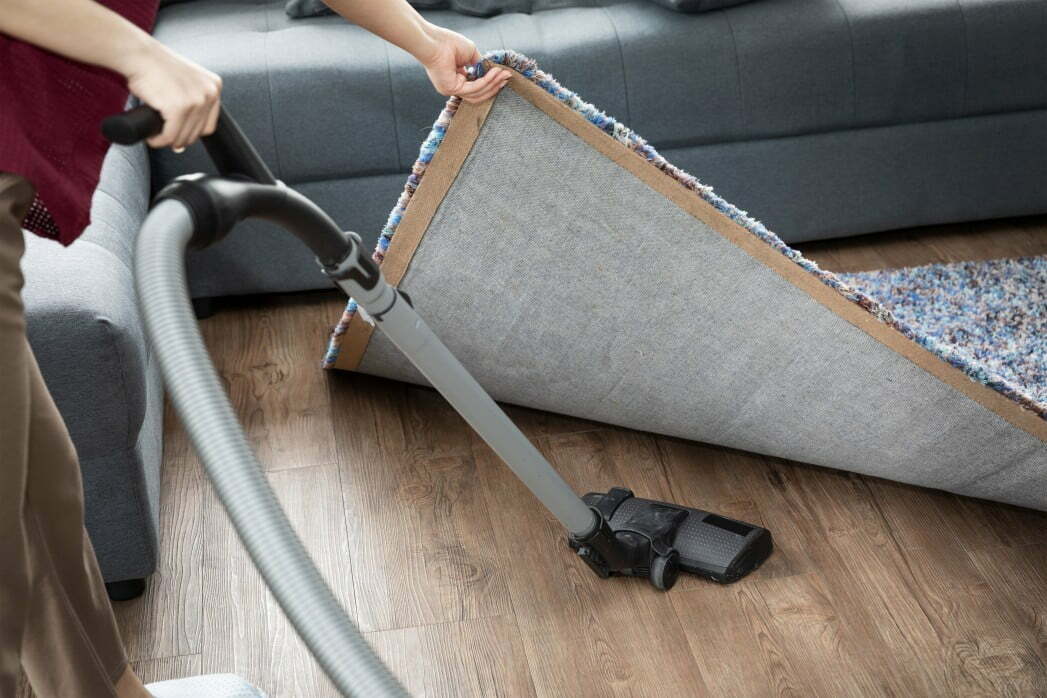
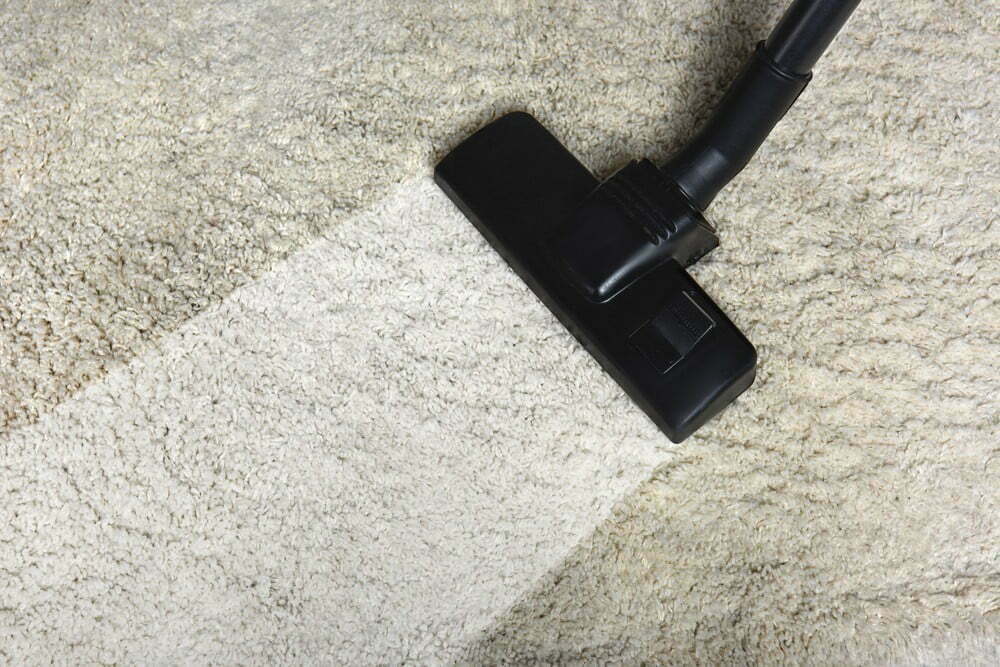
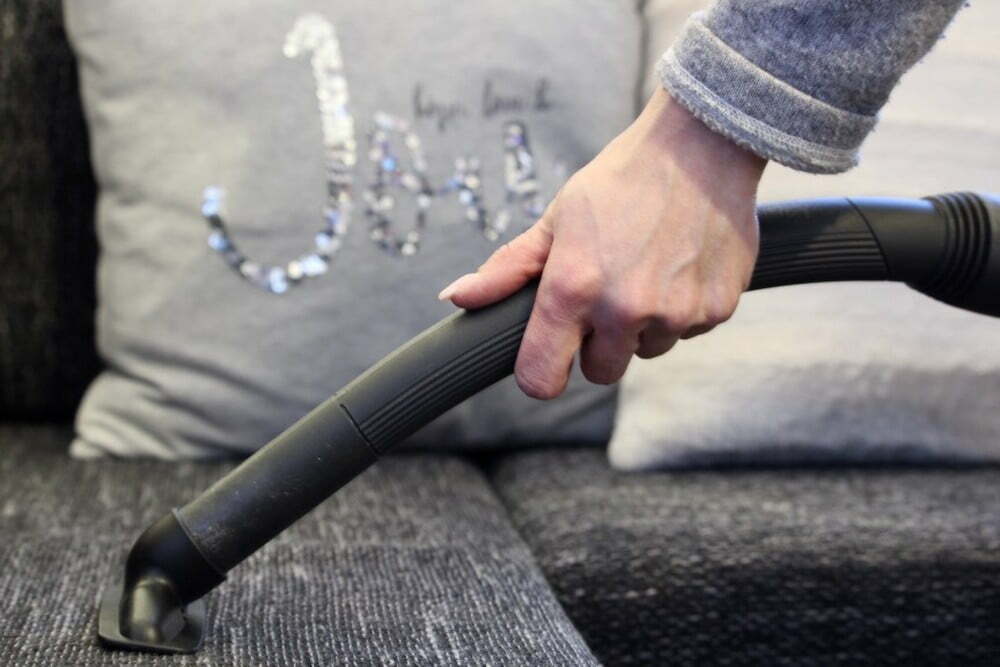
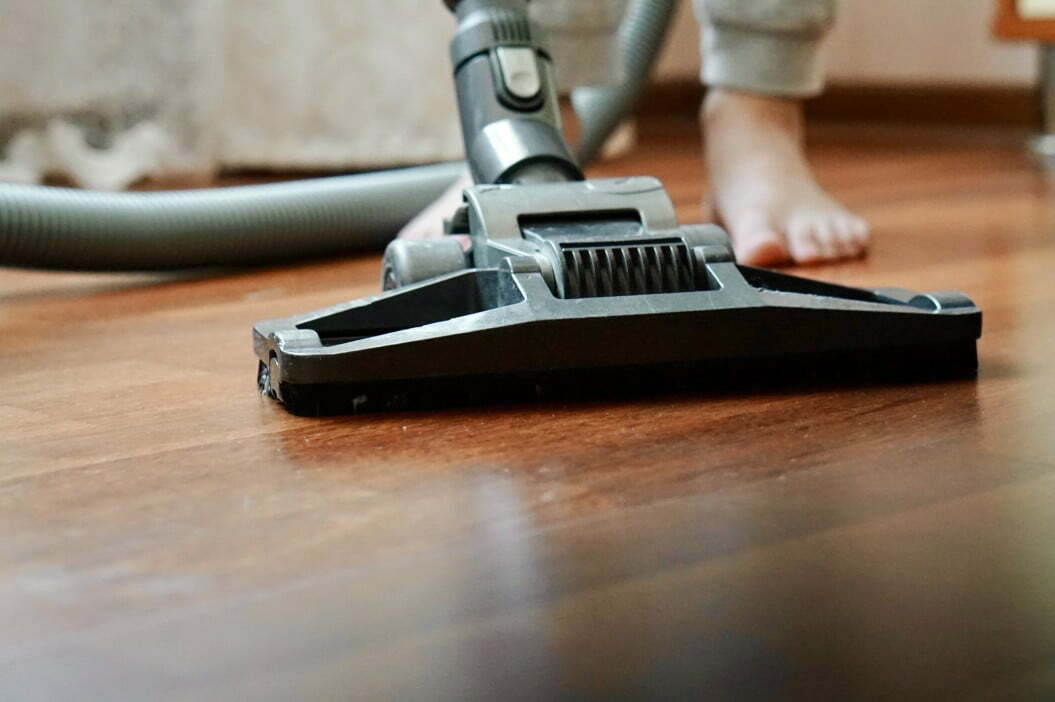

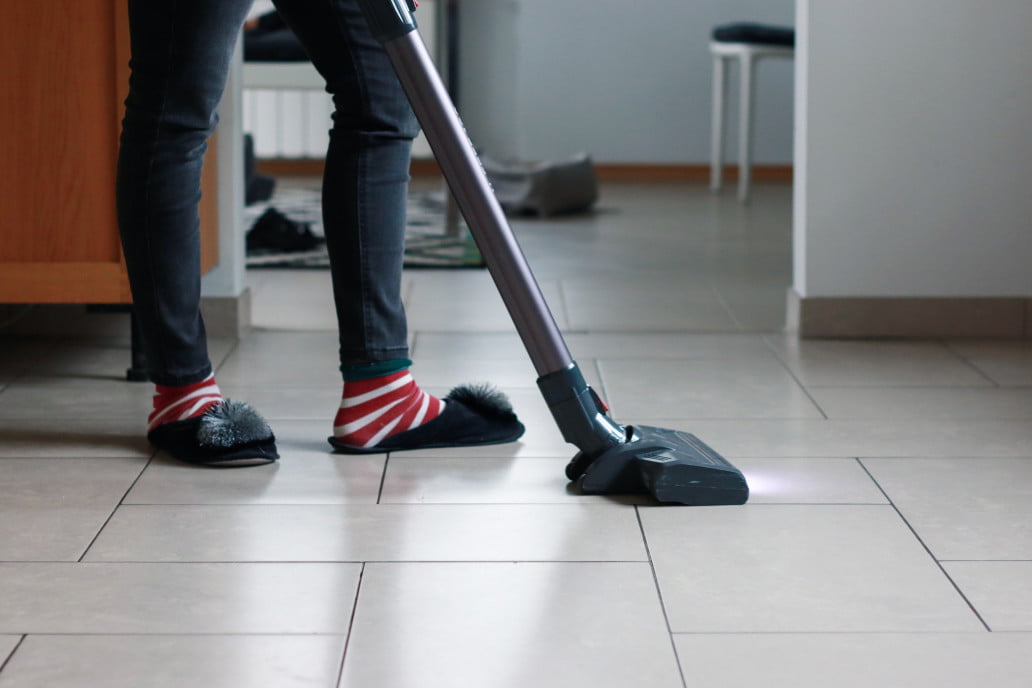
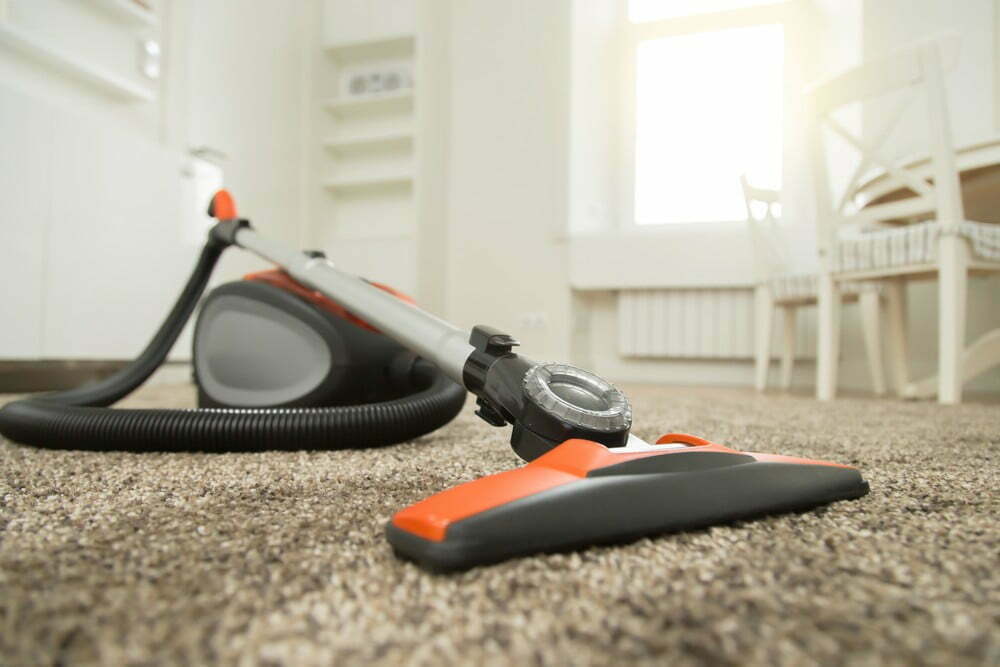
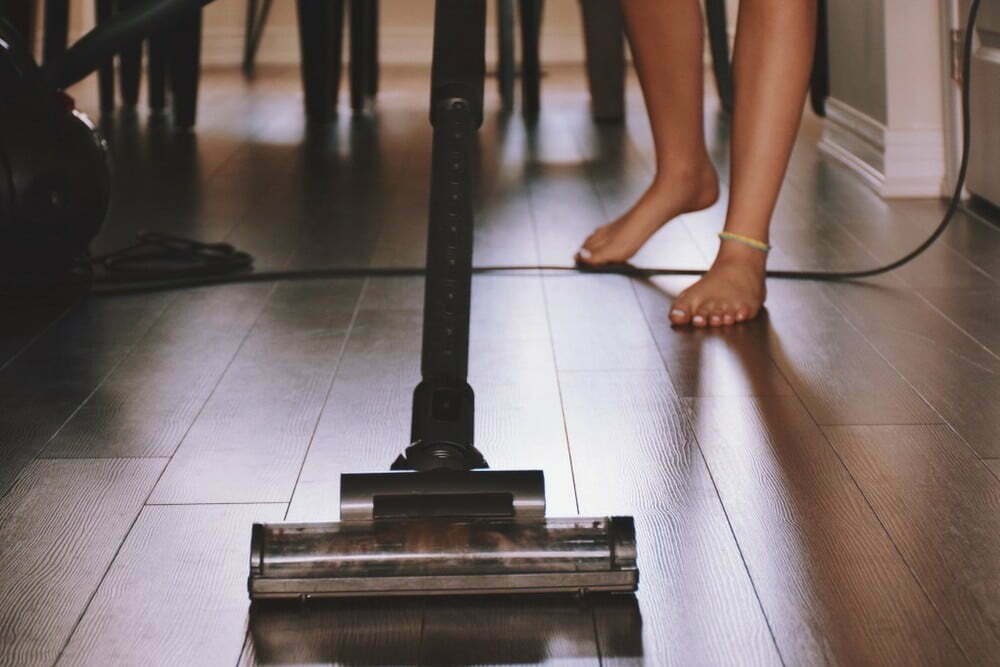
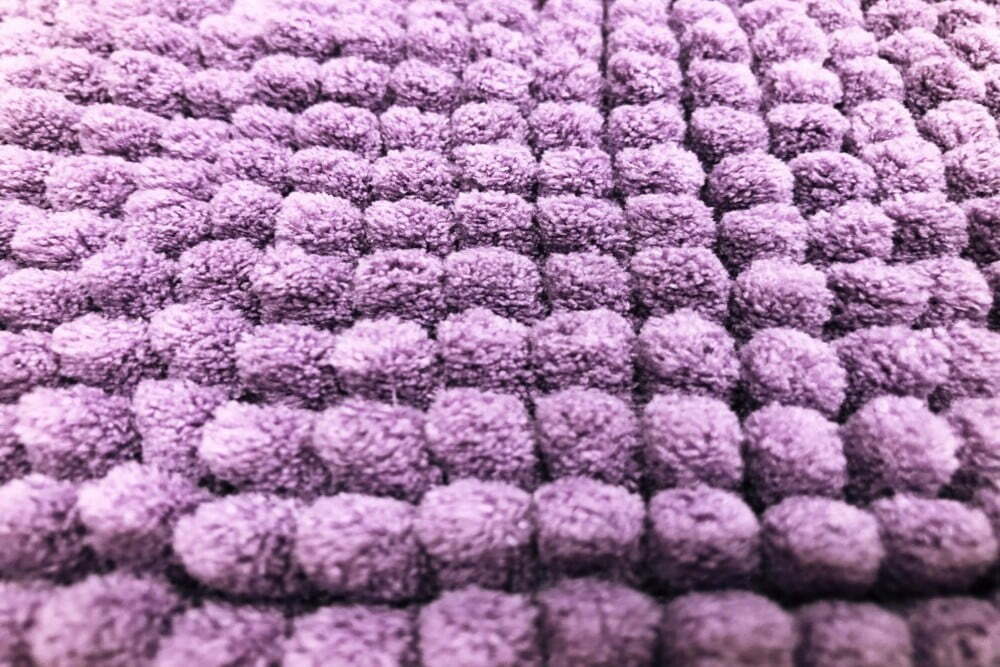
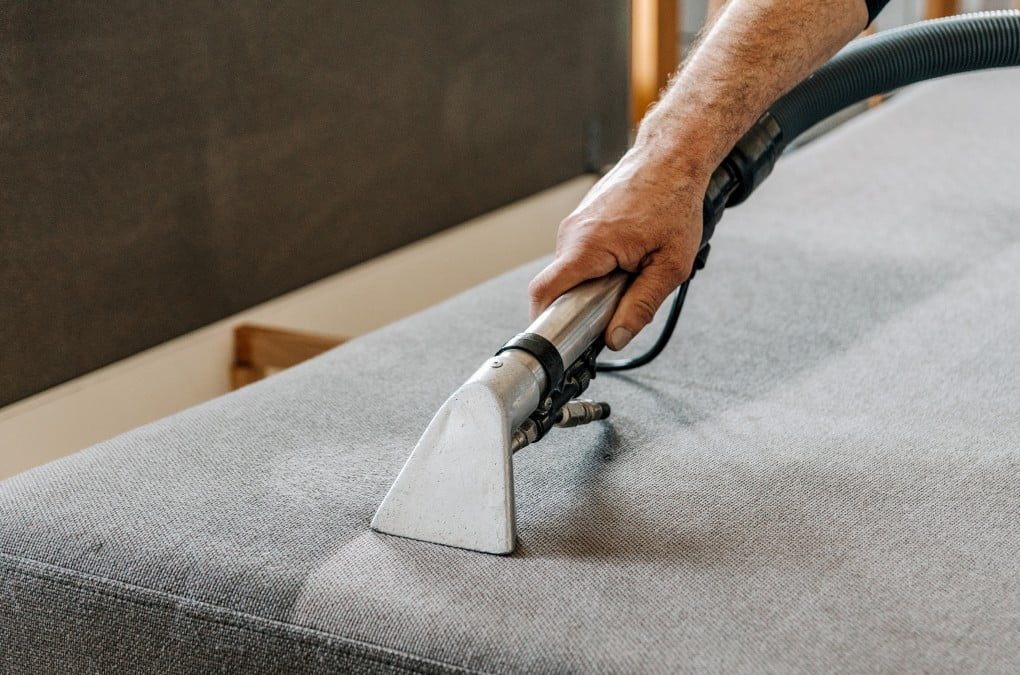
![Best Bissell Vacuum in [year] 27 Best Bissell Vacuum in 2025](https://www.gadgetreview.dev/wp-content/uploads/best-bissel-vacuum-image.jpg)
![Best Miele Vacuums in [year] 28 Best Miele Vacuums in 2025](https://www.gadgetreview.dev/wp-content/uploads/best-miele-vacuum-image.jpg)
![Best iRobot Vacuums in [year] 29 Best iRobot Vacuums in 2025](https://www.gadgetreview.dev/wp-content/uploads/best-irobot-vacuum-image.jpg)
![Best Vacuum with Retractable Cord in [year] 30 Best Vacuum with Retractable Cord in 2025](https://www.gadgetreview.dev/wp-content/uploads/best-vacuum-with-retractable-cord-image.jpg)
![Best Insurance for Home Appliances in [year] 31 Best Insurance for Home Appliances in 2025](https://www.gadgetreview.dev/wp-content/uploads/best-insurance-for-home-appliances.jpg)
![Best Insurance for Homeowners in [year] 32 Best Insurance for Homeowners in 2025](https://www.gadgetreview.dev/wp-content/uploads/best-insurance-for-homeowners.jpg)
![Best Self Propelled Vacuums in [year] 33 Best Self Propelled Vacuums in 2025](https://www.gadgetreview.dev/wp-content/uploads/best-self-propelled-vacuum-image.jpg)
![Best Commercial Leaf Vacuums in [year] 34 Best Commercial Leaf Vacuums in 2025](https://www.gadgetreview.dev/wp-content/uploads/best-commercial-leaf-vacuum-image.jpg)
![Best Vacuums for Cat Litter in [year] 35 Best Vacuums for Cat Litter in 2025](https://www.gadgetreview.dev/wp-content/uploads/best-vacuum-for-cat-litter-image.jpg)
![Best Robot Vacuums for Long Hair in [year] 36 Best Robot Vacuums for Long Hair in 2025](https://www.gadgetreview.dev/wp-content/uploads/best-robot-vacuum-for-long-hair-image.jpg)
![Best Dyson Vacuum in [year] ([month] Reviews) 37 Best Dyson Vacuum in 2025 (April Reviews)](https://www.gadgetreview.dev/wp-content/uploads/Dyson-DC65-e1479509572460.jpg)
![Best Robot Vacuum for Thick Carpet in [year] 38 Best Robot Vacuum for Thick Carpet in 2025](https://www.gadgetreview.dev/wp-content/uploads/roomba.jpg)
![Best RV Vacuums in [year] 39 Best RV Vacuums in 2025](https://www.gadgetreview.dev/wp-content/uploads/best-rv-vacuum-image.jpg)
![Best Vacuums for Apartment in [year] 40 Best Vacuums for Apartment in 2025](https://www.gadgetreview.dev/wp-content/uploads/best-vacuum-for-apartment-image.jpg)
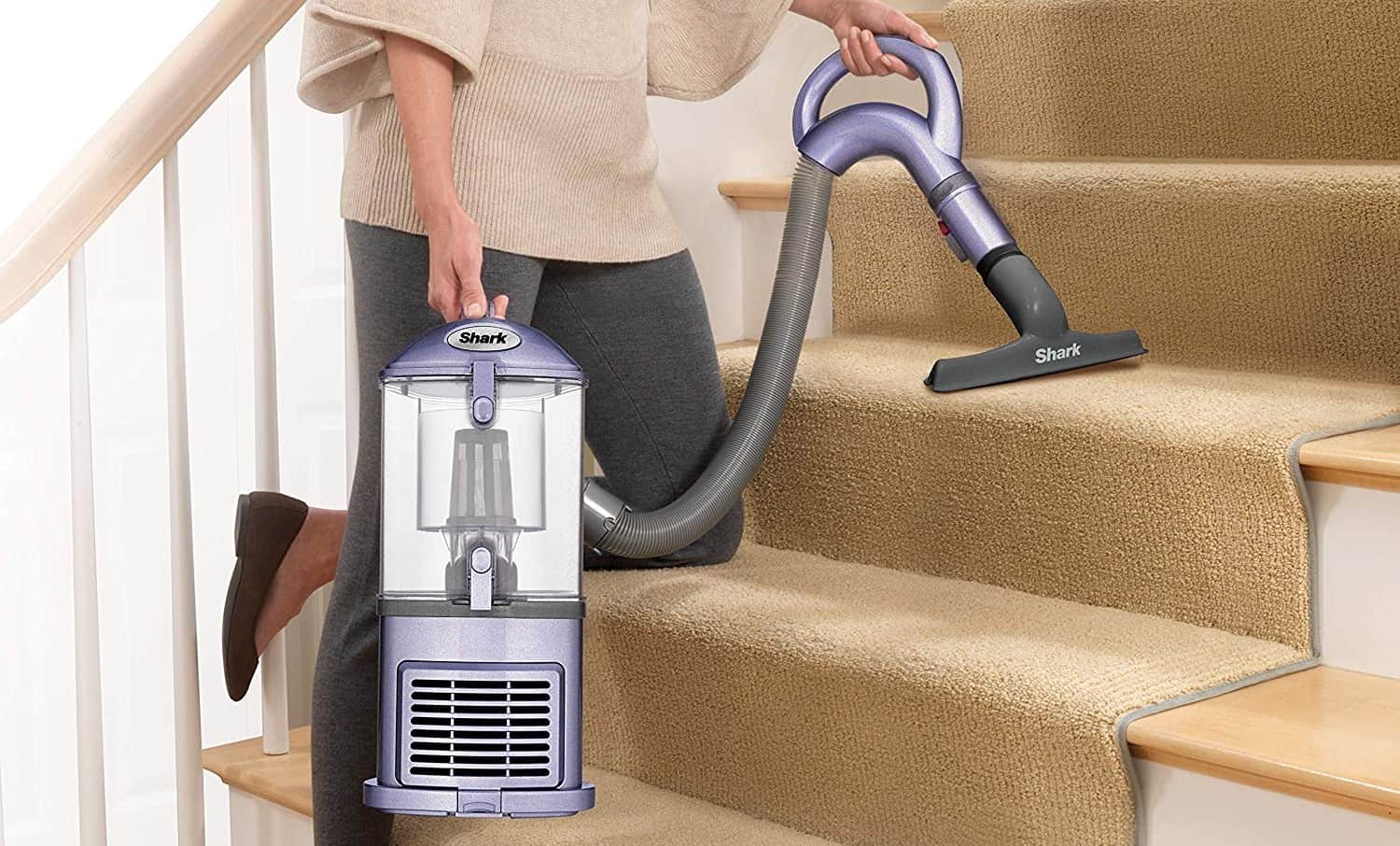
![Best Dorm Vacuums in [year] 42 Best Dorm Vacuums in 2025](https://www.gadgetreview.dev/wp-content/uploads/best-dorm-vacuum-image.jpg)
![Best Vacuums for Fleas in [year] 43 Best Vacuums for Fleas in 2025](https://www.gadgetreview.dev/wp-content/uploads/best-vacuum-for-fleas-imagre.jpg)
![Best HEPA Vacuums in [year] 44 Best HEPA Vacuums in 2025](https://www.gadgetreview.dev/wp-content/uploads/best-hepa-vacuum-image.jpg)
![Best Water Filtration Vacuums in [year] 45 Best Water Filtration Vacuums in 2025](https://www.gadgetreview.dev/wp-content/uploads/best-water-filtration-vacuum-image.jpg)
![Best Vacuums for Dust Mites in [year] 46 Best Vacuums for Dust Mites in 2025](https://www.gadgetreview.dev/wp-content/uploads/best-vacuum-for-dust-mites-image.jpg)
